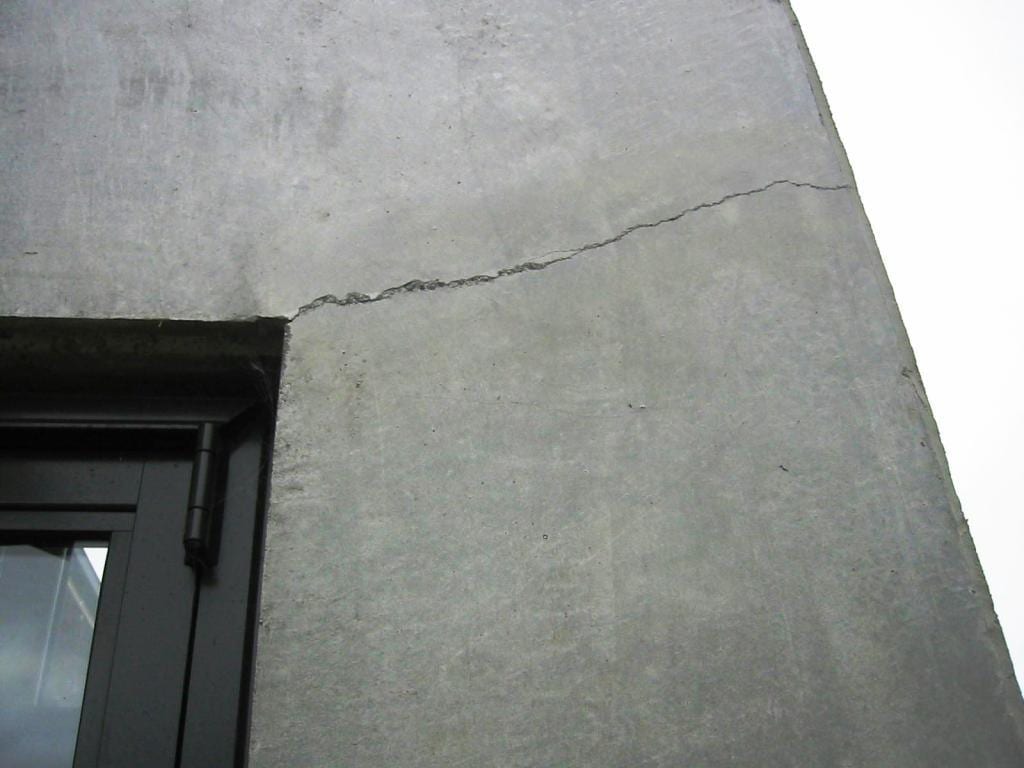Ever been asked to sign off work you haven’t supervised? If you’re unsure of the quality, you should think twice before putting your name to work.
Builtin New Zealand has received many calls from builders, who’ve been asked by their employer to sign off the work of non-LBPs. The Building Act does not prevent building companies from using (potentially) cheaper, lower-skilled labour for restricted building work (RBW); this must be signed off by an LBP to comply with the law. LBPs who contact us want to know what liability they’re taking on for signing off this work, and what insurance is available to protect them. This article will focus on two key areas: licence offences and liability arising from negligence.
Firstly, it’s important to note that the LBP scheme does not increase a builder’s liability (aside from the possibility of complaints being made to the Building Practitioners Board and the penalties they may impose). It should also be noted that when you complete Records of Work (RoW), you’re not considered to be ‘signing off’ anything, merely recording the work that was either done or supervised by you. What this means is that if there’s a problem in the future, the details of who did what work are recorded on the council file, so it’s much easier to track that person down and hold them accountable.
Licence offences
Non-LBPs will be in breach of the Building Act 2004 if they carry out RBW while not supervised by an LBP. This could result in a fine of up to $20,000.[1]
LBPs cannot do or supervise work outside their licence class. For example, a carpentry LBP who supervises installation of tile or membrane roofing (essentially anything other than lightweight profiled metal) would be in breach of the Act and liable for a fine of up to $20,000.
For LBPs, supervision is defined under the Act as to:
“provide control or direction and oversight […] to an extent that is sufficient to ensure the building work is performed competently and complies with the building consent”.
If you cannot be sure that the work was performed competently and complies with the building consent, you should not sign the RoW. If you did not provide control or direction and oversight of the work, you should be very wary of putting your name to the RoW.
The Building Practitioners Board may use Section 317 of the Act to discipline an LBP who signs RoW for work they did not supervise, on the basis that the LBP “supervised […] building work in a negligent or incompetent manner”.
Penalties that can be imposed by the Building Practitioners Board under Section 318 include licence cancellation, suspension, restriction, requiring additional training and/or imposing a fine of up to $10,000. You may also be required to pay all or a portion of the costs of the inquiry.
Negligent acts
Of potentially more concern is the liability an LBP is exposed to from inadequately supervising the work of other people. Supervising others is not necessarily an issue – most trades have supervised apprentices. As long as you know your stuff and are confident the work was done well, there should be no cause for concern.
However, if something does go wrong with the work you supervised, you may be held liable for the loss caused to someone else (such as the customer, or even a subsequent owner of the property). If the courts agree that you had a duty of care to the plaintiff and they have suffered a loss as a result of your negligence, you could be faced with a big bill. This would be on top of your own legal bills, which can quickly run into tens of thousands.
Putting your name to the RoW makes it easier to track you down when a problem arises. If anything you’ve written is wrong, you may also be held liable for making a “negligent misstatement”.
Won’t my employer be held liable, rather than me?
The law generally views it as desirable for companies to assume responsibility for the acts of their employees. This is because the company is making profit from the activity and is more likely to be able to afford to pay for mistakes, to charge rates that include a margin to cover the cost of mistakes, to arrange insurance and to implement and enforce good work practices and training.
Until recently, New Zealand employees were not generally held liable for actions they carried out on behalf of an employer. In practice, this meant that if you made a mistake on a job you completed, the company you were working for carried the can and was unlikely to claim against you to recover its costs.
However, recent court decisions have opened the door to holding individuals liable for their actions, even when under employment, if they have “assumed responsibility” for them.
This recent case law has meant a re-think of whether an employee could be held liable for a negligent misstatement, or what could be described as mistakes, errors or omissions in advice or documents, such as RoW. Again, it could now be argued that, as an LBP, you have a duty of care to accurately record the work that was done. If you fail to do so, and someone suffers a loss, you could be held liable individually.
Unfortunately, this area of law is uncertain and clear guidance is difficult – all we’re saying is that you need to be very careful!
How to protect yourself from liability
Good work practices are the first line of defence from liability. Only putting your name to work you have actually supervised and accurately recording the work completed is a good start.
Good work practices also include ensuring your paperwork is in order. If you’re employed or contracted to supervise building work and are required to use your personal LBP details on RoW, what does your contract say about your liability if an error is made while working on behalf of your employer?
Insurance
Generally, your public liability insurance covers you for accidental damage to other people’s property, excluding damage caused by faulty workmanship. It does not cover you for claims of a purely financial nature, where someone is alleging that you’ve cost them money because of a service you’ve provided, or mistake you’ve made. For this you need a form of professional indemnity insurance.
There are a number of professional indemnity options available for LBPs, but you should be very clear about what cover you’re actually getting under the policy you choose – and what you’re not. Most of the LBPs who contact us are concerned about getting dragged into a court case and having to pay a share of any damages. The most expensive cases often include the cost of rectifying defective work, so naturally this is what most builders will want insurance cover to include.
Here are some questions to ask/points to consider when choosing cover:
-
Does my employer’s policy cover me?
-
What happens if I move on or my employer goes bust; am I still covered?
-
Am I covered for defending complaints to the BP Board about my work?
-
If I signed off work outside my licence class, will I be covered?
-
Am I covered for fines and penalties?
-
Does the policy cover the cost of court awarded damages if these include rectifying faulty or defective work?
Most LBP professional indemnity policies cover the costs associated with complaints to the licensing board, fines and penalties and errors made in RoW. But this cover does not extend to paying the cost of rectifying defective work, even if the courts find you liable for this.
More comprehensive professional indemnity cover is available for building contractors and project managers, such as Builtin’s Error & Omissions Indemnity cover. This tends to be more expensive, but the cover is much wider.
If you’re contracting through a company, or even working as an employee doing site supervision, you may want to consider having your own policy. This means if you go on to work for someone else, or your employer/principal contractor goes bust, your policy is not affected. You may even be able to negotiate that the cost of the insurance is paid for by your employer, or build it into your contract rates.
The advent of the LBP scheme has increased awareness within the building trade of the liability that builders face. This includes the work you do, as well as the work you supervise, as you have a duty of care to ensure that it is fit for purpose. Other building professionals such as engineers, inspectors, architects and designers have been dealing with this reality for many years and professional indemnity insurance is simply a cost of doing business for them. In today’s world, it’s now a cost of doing business for builders and project managers too, especially LBPs.
This article is not intended to be legal advice, or a substitute for legal advice.
For more information and an instant online quote for Errors & Omissions Indemnity click here now.




